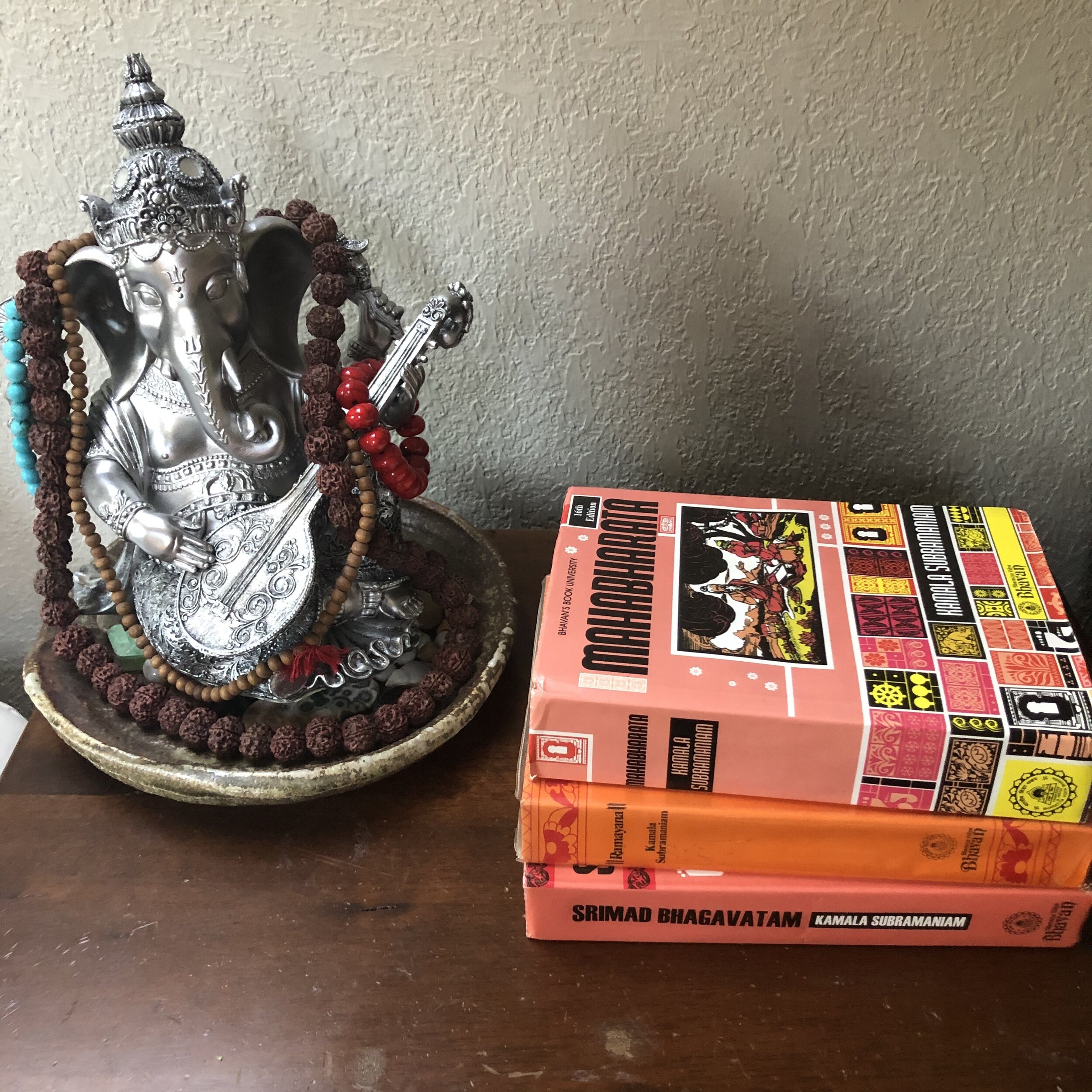The Four Locks & Keys: Cultivating Equanimity
Establishing ourselves within these four sublime states is not only a liberating way to live our lives, but it shows others of the possibility to live in an abundance of love, compassion, sympathetic joy, and equanimity and share these qualities with all beings, without exception and without favor.
The Yoga of Inner Action
The yoga of inner action is a radical practice as we are attempting to dismantle the very paradigm of duality which creates fear, conflict, injustice and oppression. This requires the willingness to stay with discomfort, cultivate clarity from self-study and letting go of the tendency to fight with life. Kriya yoga offers us the opportunity to live more skillfully in the present moment free from the coloring of conditioning. Nobody may see you, you may not receive any credit or recognition, but the practice of kirya yoga is a conscious act of service in the name of equity and peace for all.
Pratyahara: Moving Into Stillness
The practice of pratyahara rekindles our connection to the inner Self, bringing the gift of clarity that the happiness we experience from the objective world is simply a reflection of the pure and lasting joy which emanates from within our True self.
The Fear of Letting Go
We spend much of our lives grasping and clinging, fooling ourselves that we can posses and hold on to people, things and experiences. When we do not consciously acknowledge the impermanence of everything which we interact with, we create future suffering for ourselves. Inevitably, the fluctuation of change disrupts our illusion of ownership and permanence when the person, thing or experience is lost. Because the fear of letting go runs so deep, it requires daily acknowledgment and practice to pry ourselves from its grip.
Attachment / Aversion
Our attachment to our likes and aversion to our dislikes rank as the third and fourth causes of our personal and collective suffering according to Patanjali’s Yoga Sutras. Most of the decisions which we make throughout our lives are influenced from the unconscious motivation to move towards that which pleases us and retract from that which displeases us. Because these two influences are hidden from our conscious mind, they subtly rule our decisions and shape our destiny.
The False Sense of Self-Identity
Asmita is the sense of “I-am-ness.” This false sense of self-idenity is the second of the five kleshas or afflictions and arises from mis-understanding or avidya. The identification as a separate self solidifies avidya and the two of these afflictions work together creating more confusion and conflict in our lives and in society.
The Root of Misconception
The first affliction, and the catalyst of the other four, is avidya or ignorance. Avidya is the mistake of identifying with our outer personality as the culmination of our being. This identification not only defines us, but it confines us as we mistakenly believe that it and the objective world is the source of our fulfillment.







